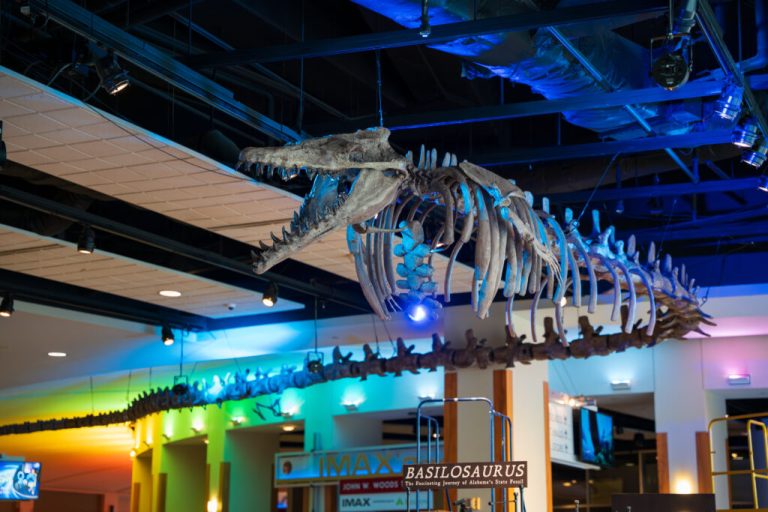Alabama African American Civil Rights Heritage Sites Consortium granted $120K
Reading time: 4 minutes

On July 15, the African American Cultural Heritage Action Fund granted the Alabama African American Civil Rights Heritage Sites Consortium $120K to promote the state’s civil rights sites. Find out what this means and why it’s important.
What is the African American Cultural Heritage Action Fund?
The Alabama African American Civil Rights Heritage Sites Consortium is a Birmingham based non-profit organization that maintains and keeps historical civil right sites open to the public throughout the state.
In 2017, the African American Cultural Heritage Action Fund was created due to the Charlottesville, Virginia conflict of the statue of Confederate General Robert E. Lee. This fund gives grants to help promote and upkeep sites that honor African American civil rights and history throughout the United States.
Since 2017, the African American Cultural Heritage Action Fund has given over $7.3M. to civil right sites in the nation.
Why this matters

It will help enable the Alabama African American Civil Rights Heritage Sites Consortium to create a new position on staff that will head fundraising and marketing to promote Alabama historical civil rights sites. Funds raised will then help build the capacity and sustainability of the sites.
If you don’t know much about the Alabama African American Civil Rights Heritage Sites Consortium, a key thing to know is that it include multiple civil rights sites throughout the state, including:
- Birmingham
- Montgomery
- Selma
Which civil rights sites are in Birmingham? Here’s the list:
- 16th Street Baptist Church
This church was a hub for meetings and training on nonviolent civil disobedience. On September 15, 1963, four young girls were killed at the church due to a bomb planted by members of the Ku Klux Klan. The national outrage to this bombing helped lead to the Civil Rights Act of 1964.

- Tours: Tuesday-Friday 10AM-2PM | Saturday by appointment
- Location: 1530 6th Ave N, Birmingham, AL 35203
- Website | Facebook | Instagram
- Historic Bethel Baptist Church
This church was the headquarters for the Alabama Christian Movement for Human Rights, an organization that worked against segregation. The Historic Bethel Baptist Church was also one of the locations for the 1961 Freedom Ride.
- Tours: Monday, Wednesday, Friday 10AM-3PM | Tuesday and Thursday by appointment
- Location: 3233 29th Ave N, Birmingham, AL 35207
- Website | Facebook | Instagram
- Old Sardis Baptist Church
At this church, the Alabama Christian Movement for Human Rights was formed during a meeting led by Reverend Fred Shuttlesworth.
- Tours: In-person tours suspended due to COVID-19
- Location: 1240 4th St N, Birmingham, AL 35204
- Website | Facebook | Instagram
- St. Paul United Methodist Church
One of the oldest African American churches in Birmingham, this church got its start in 1869. It is well-known as being a site for nonviolent civil disobedience training for demonstrators who participated in the Children’s Crusade marches.

- The Ballard House
During the 1940s, the Ballard House was built by African American contractor Leroy S. Gillard for African American pediatrician and obstetrician Dr. Edward H. Ballard.
In 1959, Dr. Herschell Hamilton Sr. opened a doctor’s office at the house and provided medical treatment for protestors who were injured from fire hoses and police dogs.


